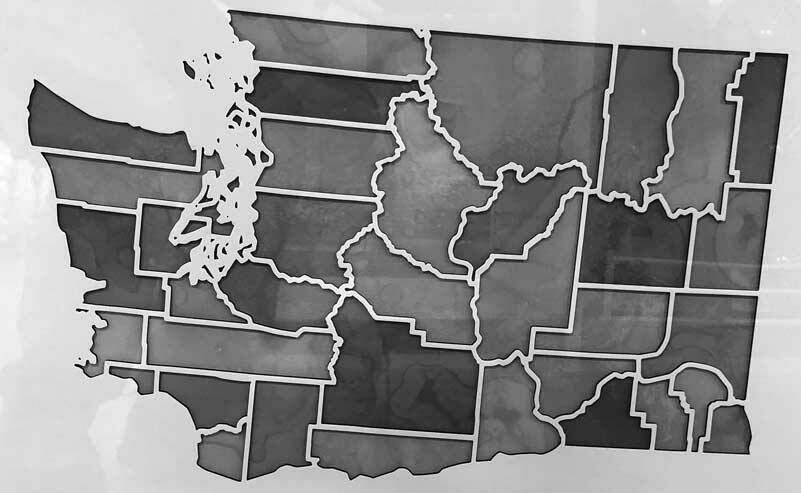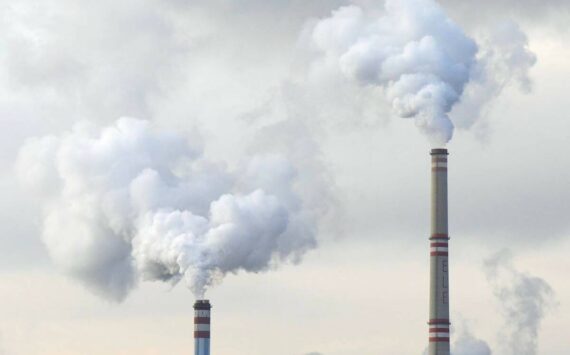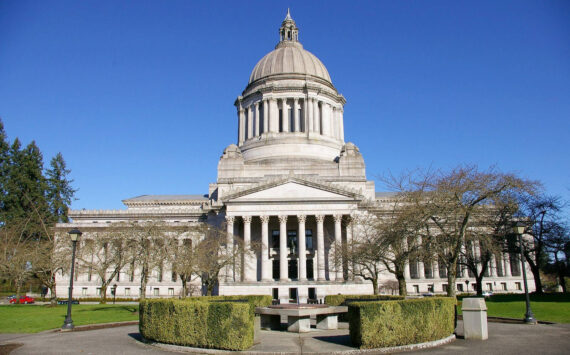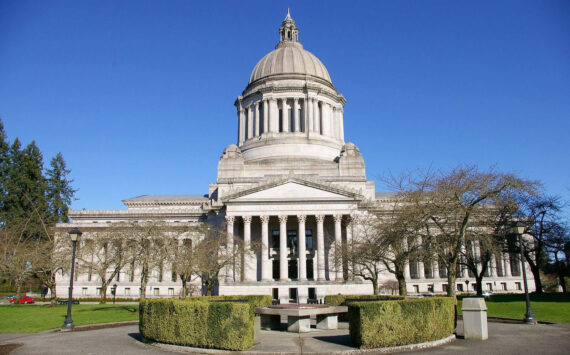By Morf Morford, Tacoma Daily Index
We in the Pacific Northwest are isolated, in many ways, from the rest of the country. We sometimes assume that the problems and opportunities that we have are the same that other people around the world, or at least within our own boundaries also face.
This is, of course, not even remotely true.
I live in a 1920s era single family home, in a neighborhood that, even compared to much of the Pacific Northwest, is lush and green, year-round. To put it mildly, not everyone in Tacoma has such a home.
And, if you have travelled the world at all, you know that not much of the world’s population has anything like our opportunities and, by their standards, luxuries.
You know, those luxuries like stable electricity, clean tap water, reliable shelter and adequately stocked and accessible schools for our children. Most of us take these things as basics – and they are. But they are, for far too many people, luxuries seemingly out of reach.
If there is anything most of us have learned through the past couple years, it is how connected we are. And how isolated we are – or could easily become.
Many of us retreated into hobbies, creativity, home projects and video bingeing. Again, many of us had the resources to withdraw from public exposure of all kinds, and do well – if not flourish. Not everyone could, of course. And some couldn’t maintain relationships, stable housing and employment even before our pandemic. And, as many ancient prophets across many traditions would put it, their need is our opportunity.
Most, if not all, faith traditions put forth the idea that we most fully find ourselves in service to others – and to a cause or movement larger than ourselves – especially if that cause allows us to accomplish something difficult and worthwhile. Many people I know have been clearing out books, clothes and other items that they have outgrown and don’t expect to use again. And there are those who need such things – and more.
The irony of being an American – anywhere in North or South America – is that we are all, ultimately, either Natives or immigrants. Most of us have put out of mind our origins and how close many of us are to our immigrant roots, and native people are largely out of sight in, for the most part, distant reservations.
One such set of communities is the Diné (Navajo) and Hopi reservations which comprise 27,000 square miles across Arizona, Colorado, Utah and New Mexico. That tribal land is larger in area than ten of our fifty US states.
One third to half of the tribal residents have no running water or electricity. They live off-the-grid – but not always by choice. Imagine, if you dare, a day, or even an hour, without such presumed luxuries that we all are so fortunate to take for granted on a daily basis.
There was a charity many years ago which used as their sales pitch, “Don’t give until it hurts; give until it feels good”. In that spirit I invite you to support a gofundme (https://www.gofundme.com/f/ce9uq7-urgent-covid19-help-for-dine-reservation) campaign to pay for food, masks, gloves and water tanks to deliver water, soap and other essentials to remote areas of the Four-Corners region of the US Southwest.
In spite of what you might think about some Native people receiving massive government funding, most Natives are in rural, even isolated communities. Besides being out of sight for most of us, many are under the radar in terms of government programs as well. They could use assistance for everything from local education to support for medical and nursing professionals. The inhabitants of the Diné/Navaho and Hopi reservations were hit particularly hard by COVID in the past couple of years.
On a practical level, as you are clearing out your home or moving, consider donating items for the Shiprock and Gallop regions of the reservation. Items needed (in new or excellent condition) include blankets, comforters, warm clothing for men, women and children in all sizes, school supplies, culturally appropriate children’s books for elementary ages, and kid’s picture books. And how about any working sewing machine you’ll probably never use again? Donations will be accepted in the Tacoma area until September 25. For questions or details on how to donate items or to volunteer, contact Francesca at fokerlund@gmail.com.
*****
On a personal note, I have worked with Native people for several years. Many of them are among the kindest and most generous people I have ever known.
They have faced – and withstood – challenges few of us non-Natives could ever imagine.
Sometimes I get the feeling that the rest of us, with roots in “The old country” are, in some sense, passing through.
The Native peoples, with their history, their destiny and their identity seem to me, many times, to be almost as eternal as the landscape.
*****
This article appeared in our 9-16-22 print edition.





